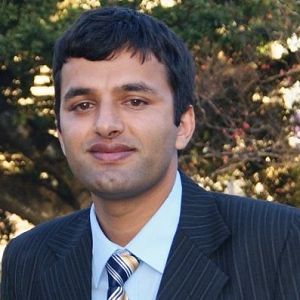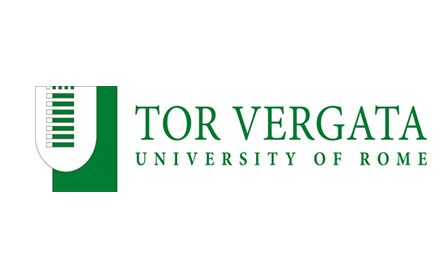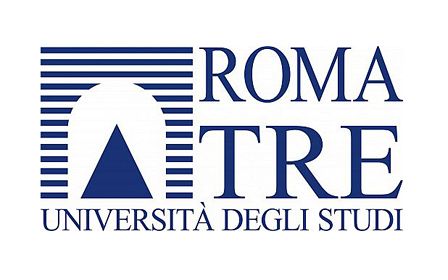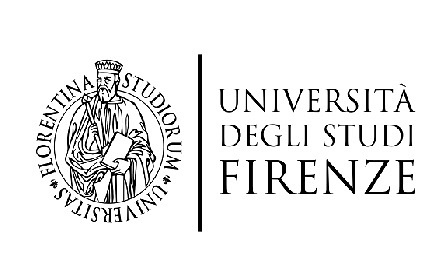SPEAKERS

Kashi Kafle is a Post-doctoral Researcher in the Research and Impact Assessment Division (RIA) of the Strategy and Knowledge Department (SKD) of IFAD. Kashi is an applied development economist and his research work includes food and nutrition security, poverty and inequality, gender, agri-food system and youth employment, migration, and impact assessment of development interventions. Prior to joining IFAD, Kashi was with the Development Economics Research Group of the World Bank. He has also worked as a consultant for the International Food Policy Research Institute (IFPRI) and Heifer International for their impact assessment projects in Bangladesh and Nepal, respectively. Kashi holds a Ph.D. in Applied Economics from the University of Illinois at Urbana-Champaign, USA.
For more details see Kashi’s personal webpage: https://sites.google.com/view/kashikafle
Session V - Migration and Development - 27/10/2017 9:30 - 11:30
Does relative deprivation induce migration? Evidence from sub-Saharan Africa
In my presentation “Does relative deprivation induce migration? Evidence from sub-Saharan Africa”, I will talk about the relative deprivation theory of migration and empirical evidence from five sub-Saharan Africa countries. In contrast to the traditional model of migration that portrays absolute income maximization as a driver of migration, this analysis tests whether relative deprivation induces migration in the context of sub-Saharan Africa. Taking advantage of the internationally comparable longitudinal data from integrated household and agriculture surveys (LSMS-ISA) from Uganda, Nigeria, Ethiopia, Tanzania, and Malawi, we use panel fixed effects to estimate the effects of relative deprivation on migration. We find that a household’s migration decision is based not only on its wellbeing status but also on the relative position of the household in the well-being distribution of the community it resides in. The finding is consistent across countries and in both consumption and wealth spaces. Further examination reveals that the positive effects of relative deprivation are amplified in rural households, households with more youth, male-headed households, and agricultural households. Results imply a need for a renewed discussion on relative deprivation as a potential cause of migration.
Other speakers in this session
Maria Franco Gavonel (University of Oxford)
Effects of Internal Migration of Youth’s Cognitive and Psychosocial Skills in Ethiopia, India, Peru,
and Vietnam
Jena Farai (University of Sussex)
Internal Migration and Employment in Zimbabwe
Rebecca Petrelli (FAO)
Internal migration and vulnerability to poverty in Tanzania



